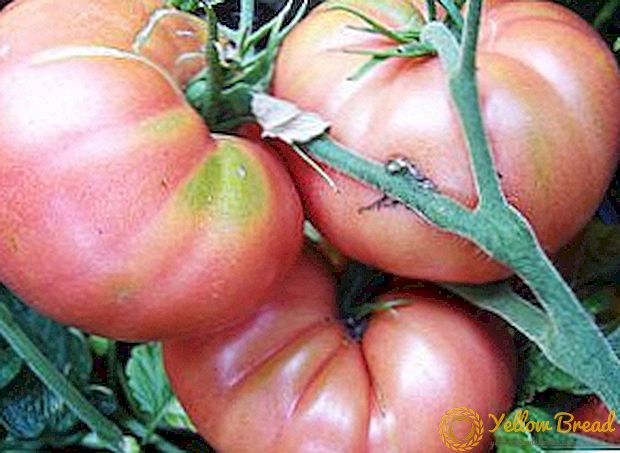A recent study suggests that almost 20% of all food available to consumers is lost due to overeating or waste. According to the study, the world consumes 10% more food than it needs, while almost 9% is thrown away or spoiled. Edinburgh scientists say efforts to reduce billions of tons of losses could improve global food security and ensure universal access to a safe, affordable, nutritious diet. Scientists examined 10 stages in the global food system. Using data collected primarily by the Food and Agriculture Organization of the United Nations, the team found that more food was lost from the system than previously thought. Nearly half of the harvest — or 2.1 billion tons — was lost due to overconsumption, household waste, and inefficiency in production processes. The researchers found that livestock production is the least efficient process, with a loss of 78% or 840 million tons.
About 1.08 billion tons of harvested crops are used to produce 240 million tons of food of animal origin, including meat, milk and eggs.At this stage, accounted for 40% of all losses of the harvested crop, say the researchers. They found that the increased demand for some products, in particular, meat and dairy products, will reduce the effectiveness of the food system and may complicate the process of providing food for a growing population in the world. Satisfying demand can cause environmental damage by increasing greenhouse gas emissions that deplete water and cause loss of biodiversity. The team says that encouraging people to eat less animal products, reduce waste and not exceed their food needs can help change these trends.
Dr. Peter Alexander, of the University of Edinburgh School of Geoscience and Rural College of Scotland, said: “Reducing losses from the global food system will increase food security and help prevent environmental harm.” Until now, it was not known how overeating affects the system. We have found that it is not only harmful to health, but also harmful to the environment and impairs food security. "
Professor Dominic Moran of the University of York, who participated in the study, said: "This study emphasizes that food security has production and consumer dimensions that need to be considered when designing sustainable food systems. It also stresses that defining waste can mean different things for different people. " 






